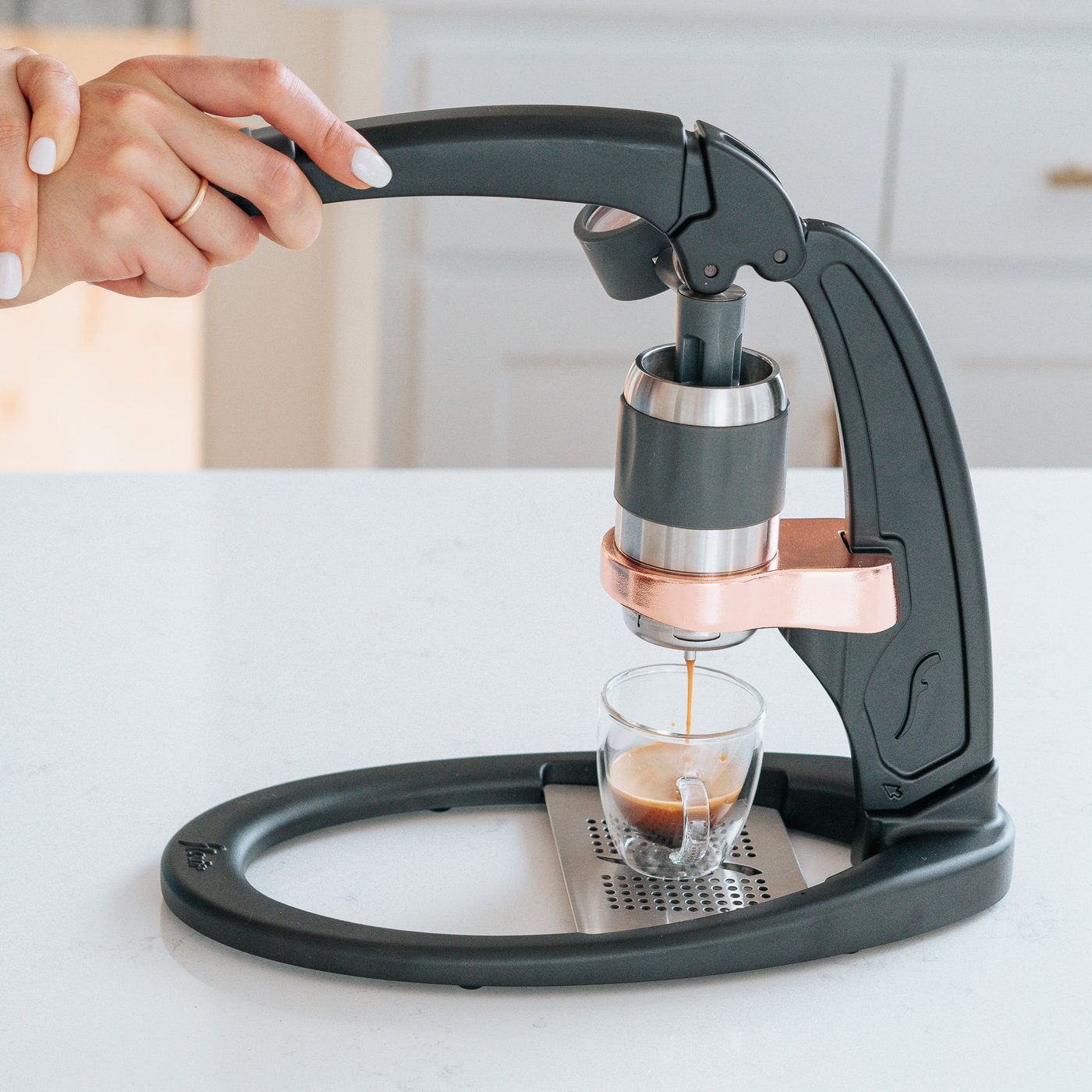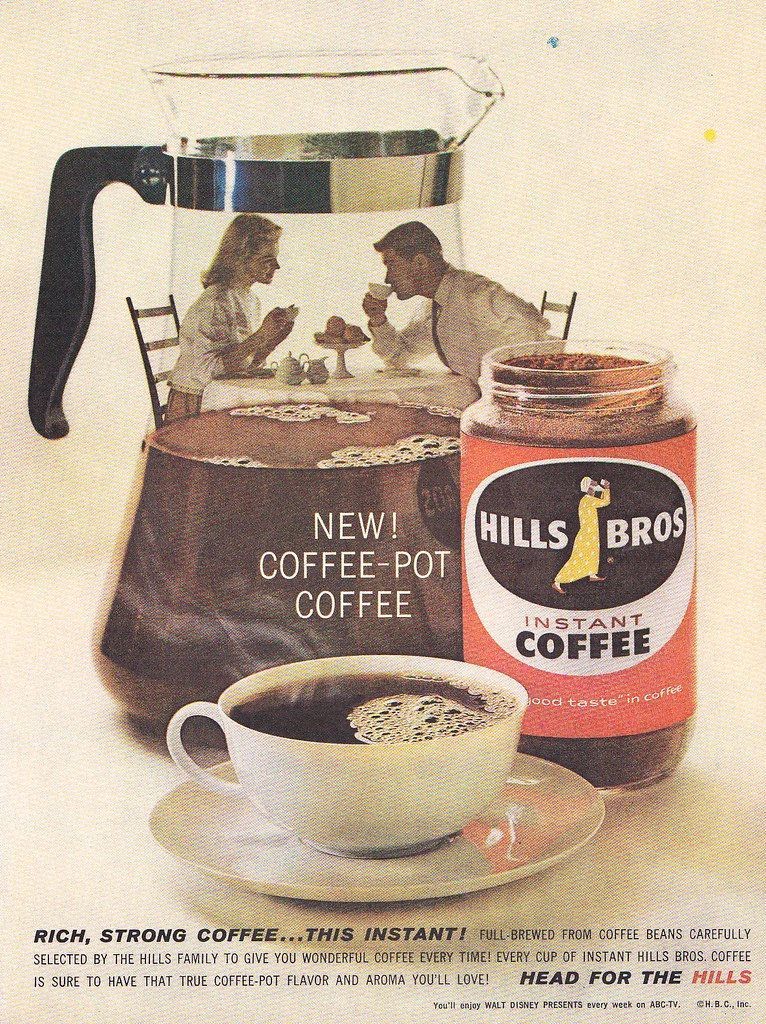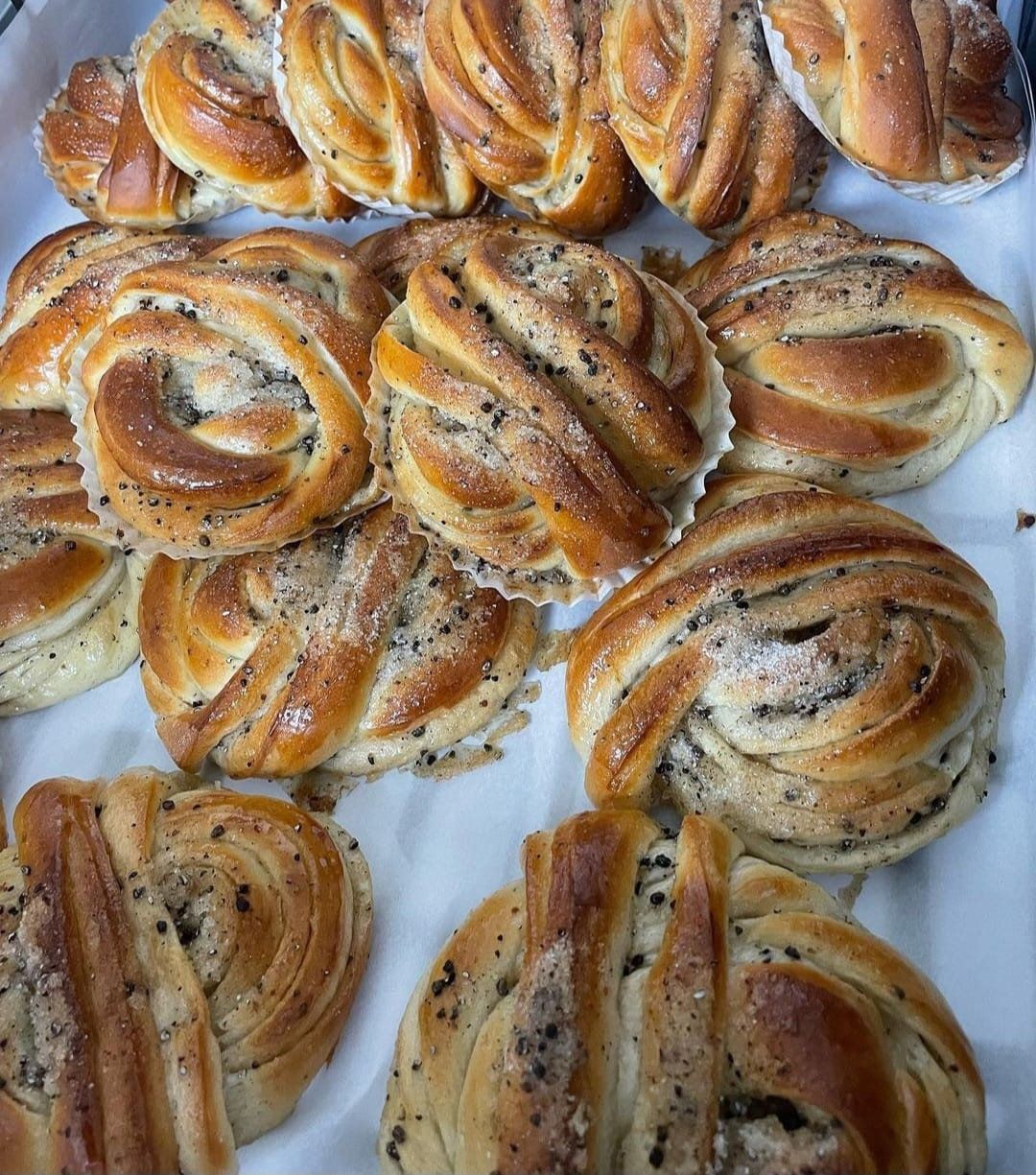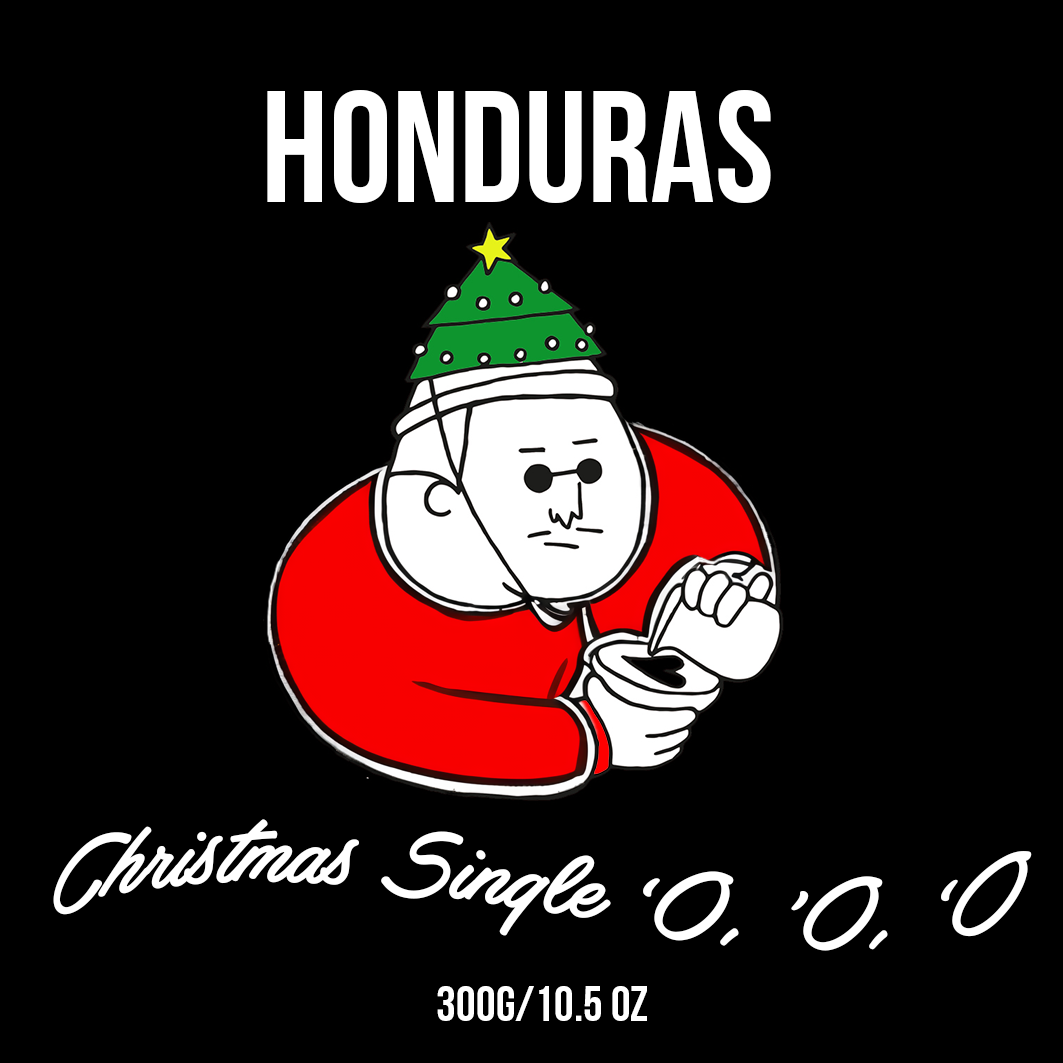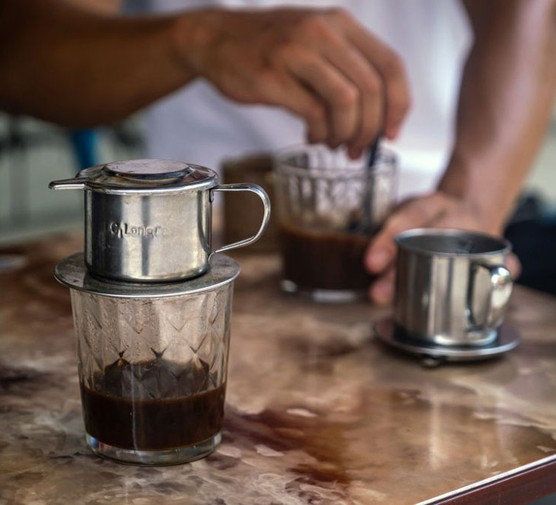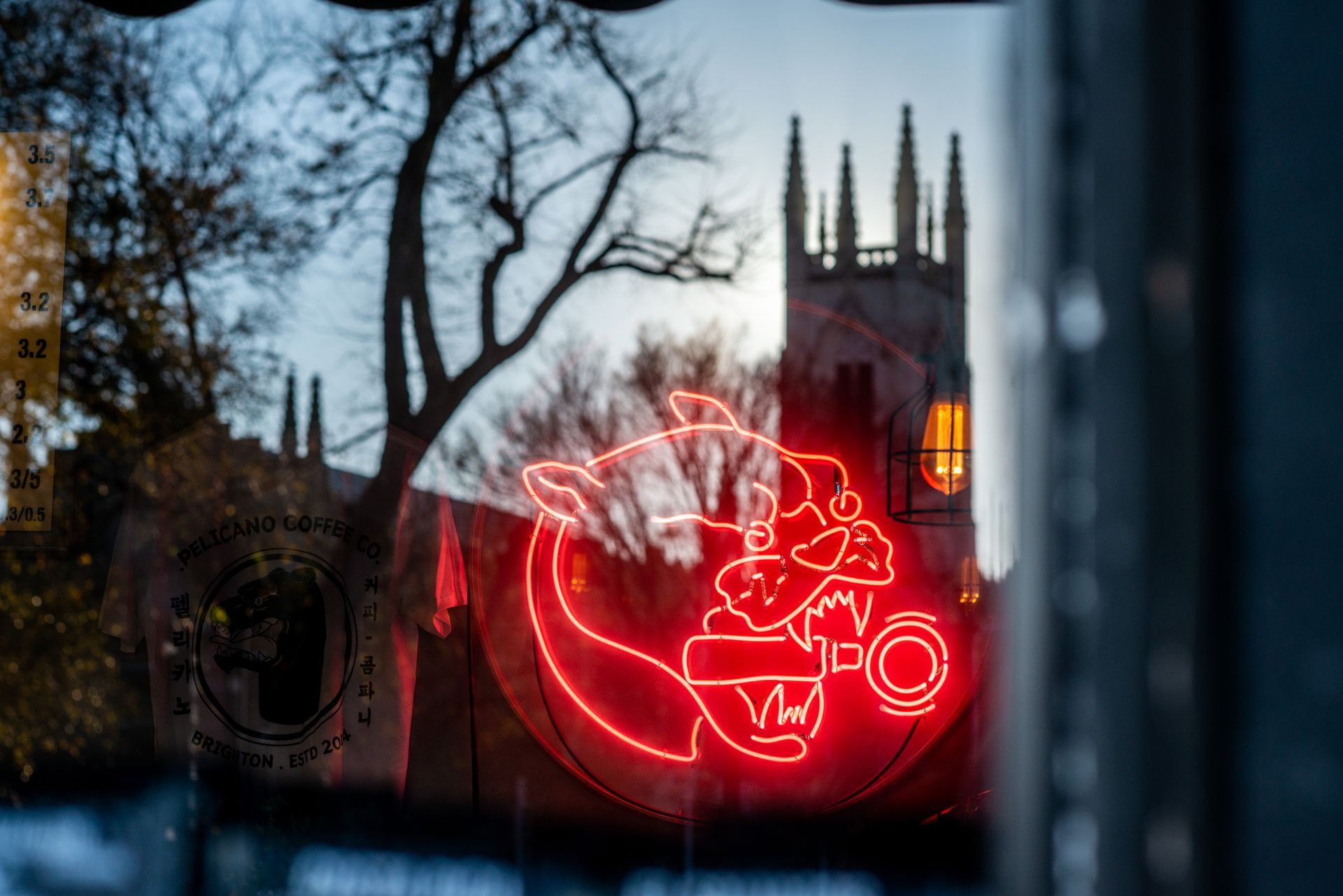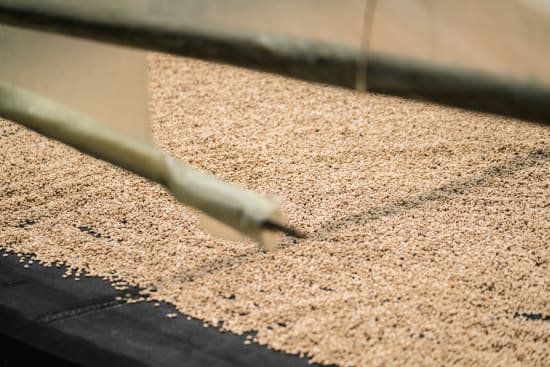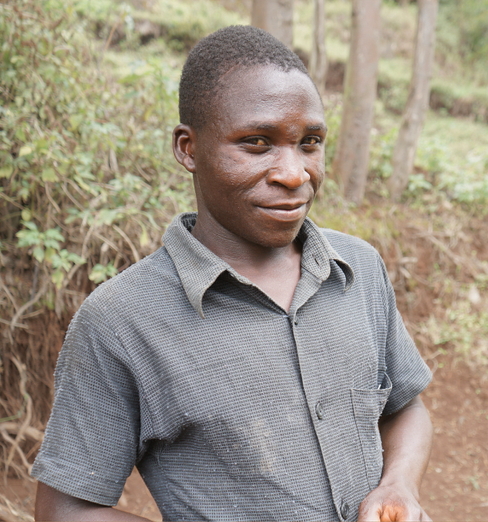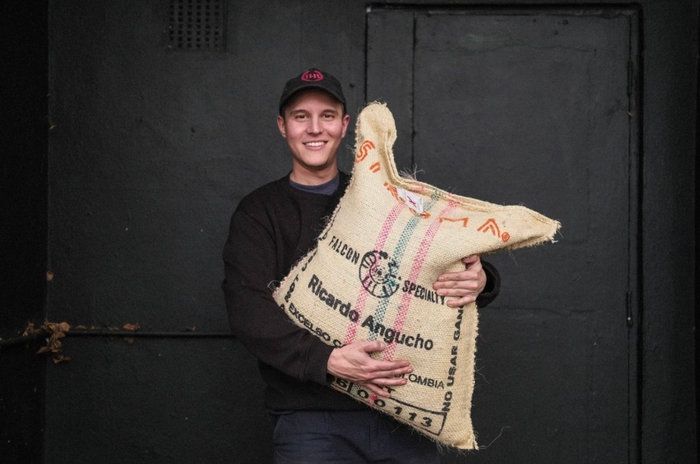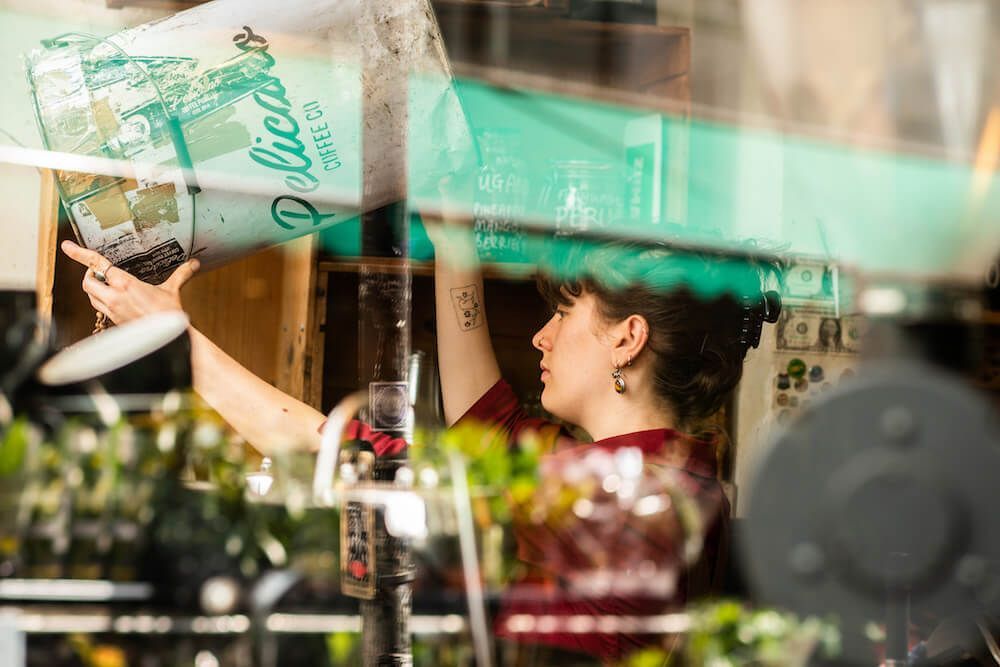Downtown bakery
- Mon - Fri
- -
- Sat - Sun
- -
555-555-55-55
Uptown bakery
- Mon - Fri
- -
- Sat - Sun
- -
555-555-55-55
The Newsletter March 2024
The Newsletter March 2024
Issue #13 We're looking at the equipment we use in our stores, the green coffee importers we work with, and the newest coffee shop in Hove, serving up Colombia, Piendamo on espresso!
Coffee Equipment in the Pelicano Stores:

At Pelicano, we're lucky to have some of the nicest brewing and grinding equipment in Brighton.
Most of our equipment has been bought second hand and renovated by the pioneers and previous owners of the business.
Synesso Cyncra Espresso Machines:
All 3 of our stores use manual group head Synesso Cyncra Espresso Machines. If you're unfamiliar with espresso machine terms, the group head is the mechanism which the group handle (easily recognisable as the handles on coffee machines) connect into and brew from a small basket of finely ground coffee. The basket sits in the handle and is topped up by the barista via a timed dose from an espresso grinder which is often positioned next to the espresso machine.
Synesso is a Seattle based manufacturer. They're known for their exceptional dual-boiler pressure systems. This essentially means they have separate boilers for hot water supply (for long blacks, teas etc) and for steam used to heat up milk. They can brew espresso from a water supply below the machine via a water softener and heat the water on its way to the group head via super-heating pipes designed to reach 80-98 degrees celsius. They're able to do all these things simultaneously. Perfect for a busy coffee shop.
Another feature we love is the pre-infusion. The Cyncra's can let out a few seconds of hot water at 0 bars of pressure, the pre-infusion, or 'bloom' as they're sometimes referred to in filter brewing. This is so important to brewing our coffee, as it is mostly lightly roasted coffee, it improves the release of carbon dioxide trapped in the coffee from the roasting process and aids the brewing process for a more balanced espresso.
Malhkonig's EK43 Retail Grinder:
If you've ever been into a speciality coffee shop, you're bound to have seen a Malhkonig grinder in there somewhere.
Our resident retail grinders are designed to be used to grind customers' retail bags, but are also capable of grinding our decaf in store.
They use premium hard cast steel flat burrs, designed to be able to grind coffee fine enough for 'Turkish/Ibrik Coffee', which you can read about in Issue #8 of our newsletter and coarse enough for Cafetière and Cold Brew grinds.
Burrs are the pair of steel ridged plates that do the actually 'grinding' of the coffee inside the grinder. One burr is often passive, and the other powered by a motor which sits behind them. In the picture above, the motor would be inside the machine where the red sticker is. Coffee enters through the hopper (the see-through plastic cone) and comes out of the spout, which is concealed by the coffee bag in the picture above.
The Mythos 1, by Victoria Arduino:
Our espresso grinders in all but one of our stores is the Mythos 1 grinder, manufactured by the sophisticated Italian manufacturers, Victoria Arduino. The Ferrari of equipment manufacturers.
They have made many more advanced models and grinders since the Mythos 1, but we're still on the old trusted (and sometimes frustrating) model uno. Ask any barista if they enjoy using their espresso grinder, they'll tell you it's a complicated relationship. The Mythos 1 is almost completely manual, aside from the small dose screen on the face of the machine. This makes it easy to use, take apart, change parts and clean. However, they can be a little sensitive to room temperature, over-use and under / over-maintenance. However, it would still be my first choice of grinder. Like the Malhkonig, it uses flat burrs, the back one being powered by a motor sitting behind them.
All of our equipment is maintained primarily (day to day basis) by our store managers, fixed and deep-cleaned by myself (month-month basis) and if I find myself unable to fix any of our equipment, we're lucky to have a Brighton & Hove maintenance legend, the Coffee Doctor, Liam, available for emergency fixes.
Green Coffee Importing, a brief overview:
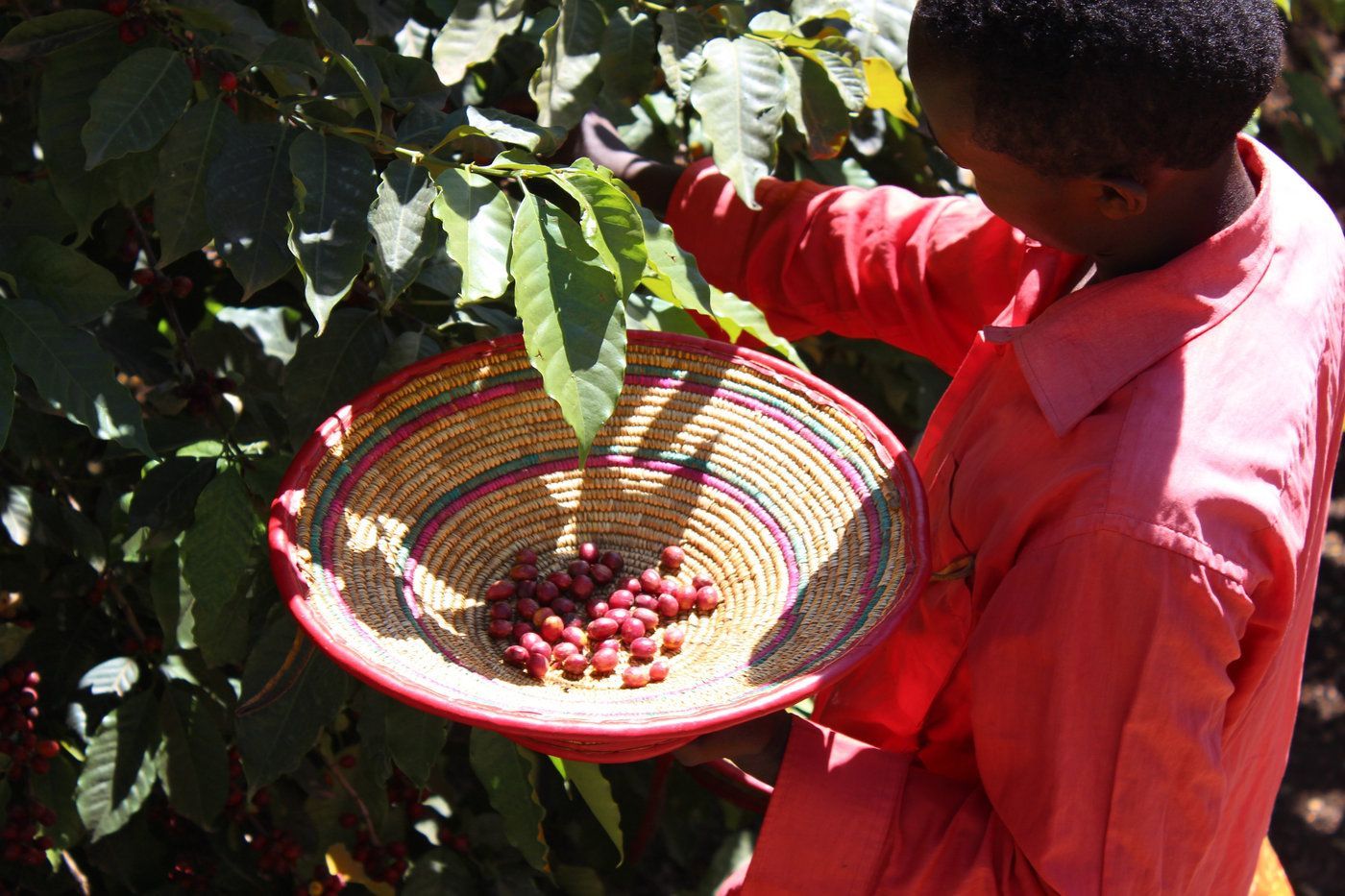
Whilst our claim to fame is our roasting, there are other businesses which expertise lie in their sourcing and selling of green coffee. We call these companies 'Green Coffee Importers'. They act as mediators for farmers trying to sell their green coffee, and roasters trying to buy green coffee. Their responsibilities include things like quality control, ethical assurances, shipping logistics and packaging.
Depending on the size and principles of the business, they can be helpful for different reasons. Let's have a look at what they do and how we work with them:
Pricing:
As one of our absolutely essential requirements as a roastery, Pelicano looks to work and partner with importers who pay a fair price for their coffees from producers, and ideally offer more incentives to farmers looking to export their coffee. This can include educational benefits, agronomical advice and financial incentives, too.
When you buy coffee from an importer, you're paying for not simply the product, but the services that the importer is providing. This can mean it is more expensive to purchase from them, but if you do not have the time or experience to visit and broker deals with producers yourself, it is one of the only reliable options.
Producer sells to importer, importer sells to roastery, (roastery sells wholesale), roastery sells to you!
Ethical assurances:
Coffee is most often produced in developing or low-economically developed countries. As a consequence of this, there are coffee producers and operations with whom it may be unwise to work with.
If the producers do not pay their workers fair pay, provide safe and ethical working environments and something akin to a Human Resources system, it is unlikely that a good and ethical importer would want to work with them. However, the issue from a roastery perspective is that all this information may not be disclosed during the process of selling a coffee to us. Therefore, we look to source coffee from projects who can provide the most information possible on the producer's ethics, working conditions etc.
It is still impossible for us to know for sure, but we are assured by importing partners who visit the farms that these criteria are met.
Quality Control:
They do all the quality checks for you. They taste all the potential coffee options at origin (farm), in their office, post shipment and with the roasters they're partnered with. Ideally this leaves us with multiple options of different processes, origins, varieties and flavour profiles.
Typically when we are searching for a new coffee to sell on retail, wholesale or for a staple, we reach out to the importers we have worked with before (or ones who have reached out to us) looking for coffees rated above 83 on the SCA scale (a rating of a coffee out of 100, anything over 80 being deemed speciality). However there may be so many other things within our criteria of sourcing. For example, right now we're searching for women-produced coffees, milk chocolate flavour profiles and juicy natural processed coffees.
Since 2016, all the coffees in our Smokey Bird Seasonal Blend have come through our importing partner, Cafe Imports. A highly renowned B-Corporation.
Simone is our main contact from them, and she makes our job 10 times easier. She knows we're looking for a chocolatey, lightly tart Colombian, toffee-based Guatemalan and fresh fruit vibed Ethiopian coffee.
These coffees are all seasonal, so we agree on a price per kilo, how many sacks and the frequency or our ordering of them, they store them for the agreed duration of time and ship them to us when we need them.
Coffees fresh from harvest will only be at their tastiest for 6-10 months, so we agree on contracts lasting 3-8 months depending on availability, harvest and shipping schedules.
We work with a few other reputable importers, namely: Falcon Speciality Group, Primavera Coffee and Sucafina Speciality.
Wholesale partners: Village BN3

Opening in February 2024, Village BN3 is the newest coffee shop in Hove, actually.
Louisa has opened the business with an aim to provide better quality coffee to the neighbourhood, flowers, plants, cards, stationery and many more things. She is hosting workshops, collaborating with local producers and artists to be a real hub of the local community.
Village BN3 is serving a single origin Colombian coffee from the Piendamo project. It is a washed coffee with a flavour profile of chocolate, brown sugar, toffee.
Location: 4 Richardson Road, Hove, BN35RB

